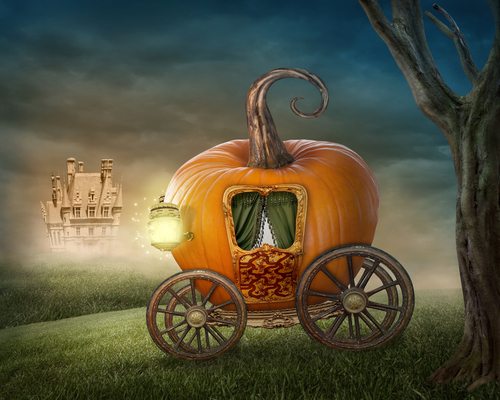So, with a range of fantastical tales being performed across the country, is there anything that our favourite panto protagonists should bear in mind when it comes to their tax?
Emily Coltman FCA, Chief Accountant at FreeAgent – which provides an award-winning online accounting system for freelancers and small businesses – looks at the tax dilemmas faced by five famous panto characters.
Puss in Boots
Puss’s master bought him the famous boots – but would the cost of the fancy footwear be tax-deductible?
Well, that would only be the case if Puss was a self-employed entertainer (which he wasn’t) or if the boots counted as either protective clothing or a uniform. If they were a uniform or protective clothing, then Puss’s master would have to report them on form P11D assuming the cat’s salary was over £8,500 a year, but there would be no tax to pay.
Unfortunately for Puss, his boots don’t seem to have been used as protective clothing or a uniform, so his master would also have to pay class 1A National Insurance on the cost or value of the boots.
Jack and the Beanstalk
Jack traded a cow for a pile of magic beans.
That’s a classic barter transaction – no money involved.
So if Jack, and the old man who gave him the magic beans, were registered for VAT, they would have had to work out the monetary value of the cow and the magic beans, and pay VAT to HMRC on those values.
And whether or not they were registered for VAT, the monetary values would also be listed in their two sets of accounts as income – the cow’s value in Jack’s accounts, and the beans’ value in the old man’s.
Working out the monetary value of a pile of magic beans, however, would be a task beyond most of us – and would require a lot of explaining to HMRC!
Snow White and the Seven Dwarfs
Snow White acted as housekeeper to the Seven Dwarfs, although there’s no record that they actually paid her for her work.
She would have been entitled to the National Minimum Wage, but given that they were providing her with accommodation, they would be allowed to take that into account when working out her housekeeper’s wages.
Sleeping Beauty
A hedge of thorns grew round the palace where the princess and her court slept – but when the prince arrived, this became a rose hedge.
Had it been planted as a rose hedge, it would definitely have been standard-rated for VAT, as roses are ornamental plants.
But what would the VAT effect of the thorn hedge have been?
Perhaps unsurprisingly, there’s no guidance on this from HMRC!
There are zero-ratings for seeds and plants that produce food for humans or animals, but the implication is that all other seeds and plants would be standard-rated. So unless the king could argue that he was growing a thorn hedge to feed his donkeys, the thorn hedge would also have been standard-rated for VAT.
About the author:
Emily Coltman FCA is Chief Accountant at FreeAgent, which provides an online accounting system specifically designed to meet the needs of freelancers and small businesses. Try it for free at www.freeagent.com


